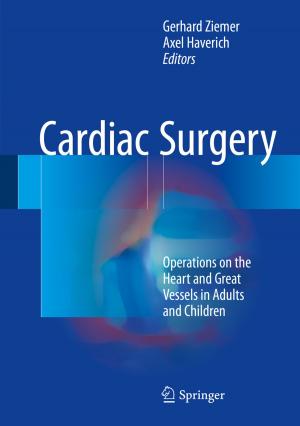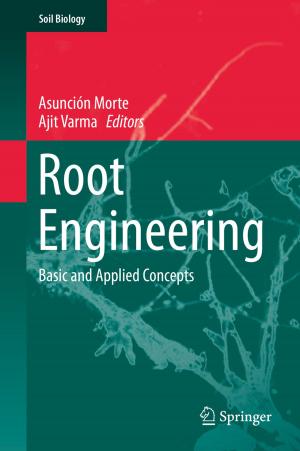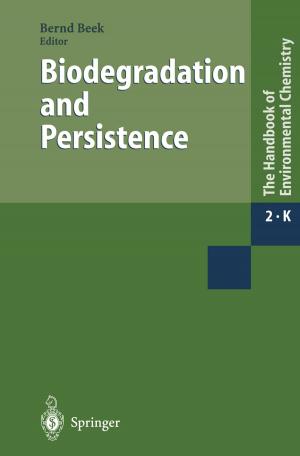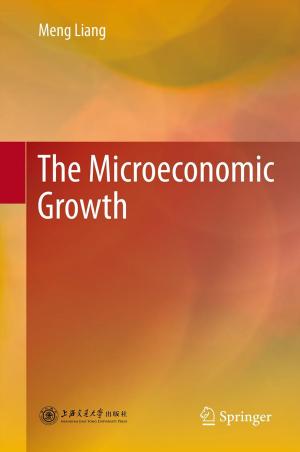System Earth via Geodetic-Geophysical Space Techniques
Nonfiction, Science & Nature, Science, Earth Sciences, Geophysics, Physics, General Physics| Author: | ISBN: | 9783642102288 | |
| Publisher: | Springer Berlin Heidelberg | Publication: | July 10, 2010 |
| Imprint: | Springer | Language: | English |
| Author: | |
| ISBN: | 9783642102288 |
| Publisher: | Springer Berlin Heidelberg |
| Publication: | July 10, 2010 |
| Imprint: | Springer |
| Language: | English |
Our planet is currently experiencing substantial changes due to natural phen- ena and direct or indirect human interactions. Observations from space are the only means to monitor and quantify these changes on a global and long-term p- spective. Continuous time series of a large set of Earth system parameters are needed in order to better understand the processes causing these changes, as well as their interactions. This knowledge is needed to build comprehensive Earth s- tem models used for analysis and prediction of the changing Earth. Geodesy and geophysics contribute to the understanding of system Earth through the observation of global parameter sets in space and time, such as tectonic motion, Earth surface deformation, sea level changes and gravity, magnetic and atmospheric elds. In the framework of the German geoscience research and development p- gramme GEOTECHNOLOGIEN, research projects related to the theme “Observing the Earth System from Space” have been funded within two consecutive phases since 2002, both covering 3 years. The projects address data analysis and model development using the satellite missions CHAMP, GRACE, GOCE and comp- mentary ground or airborne observations. The results of the rst phase projects have been published in the Springer book, titled “Observation of the Earth System from Space”, edited by Flury, Rummel, Reigber, Rothacher, Boedecker and Schreiber in 2006. The present book, titled “System Earth via Geodetic-Geophysical Space Techniques” summarizes in 40 scienti c papers the results of eight coordinated research projects funded in the second phase of this programme (2005–2008).
Our planet is currently experiencing substantial changes due to natural phen- ena and direct or indirect human interactions. Observations from space are the only means to monitor and quantify these changes on a global and long-term p- spective. Continuous time series of a large set of Earth system parameters are needed in order to better understand the processes causing these changes, as well as their interactions. This knowledge is needed to build comprehensive Earth s- tem models used for analysis and prediction of the changing Earth. Geodesy and geophysics contribute to the understanding of system Earth through the observation of global parameter sets in space and time, such as tectonic motion, Earth surface deformation, sea level changes and gravity, magnetic and atmospheric elds. In the framework of the German geoscience research and development p- gramme GEOTECHNOLOGIEN, research projects related to the theme “Observing the Earth System from Space” have been funded within two consecutive phases since 2002, both covering 3 years. The projects address data analysis and model development using the satellite missions CHAMP, GRACE, GOCE and comp- mentary ground or airborne observations. The results of the rst phase projects have been published in the Springer book, titled “Observation of the Earth System from Space”, edited by Flury, Rummel, Reigber, Rothacher, Boedecker and Schreiber in 2006. The present book, titled “System Earth via Geodetic-Geophysical Space Techniques” summarizes in 40 scienti c papers the results of eight coordinated research projects funded in the second phase of this programme (2005–2008).















